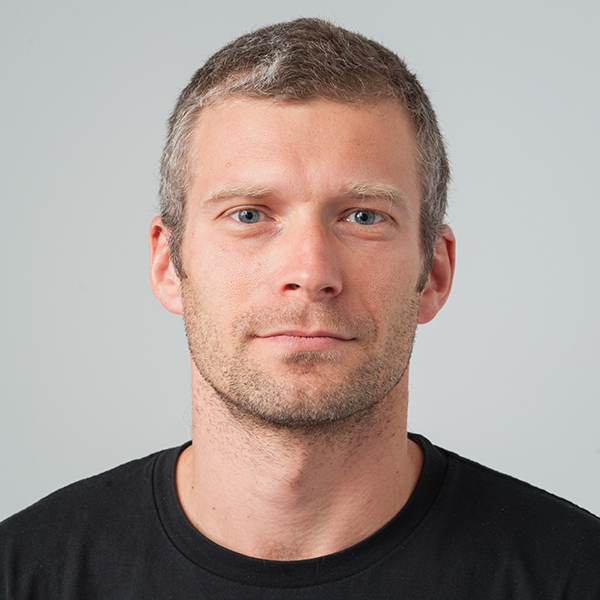Ron Fischer: No pain, no gain? Complex multi-level dynamics during an extreme ritual
"The avoidance of pain is one of the most central evolutionary principles, yet, humans routinely engage in social activities that involve suffering, pain and potential injury."
Info about event
Time
Location
IMC, Nobelparken, 8000 Aarhus C, building 1483, 3rd florr
Organizer

No pain, no gain?
Complex multi-level dynamics during an extreme ritual
The avoidance of pain is one of the most central evolutionary principles, yet, humans routinely engage in social activities that involve suffering, pain and potential injury. Pain researchers have extensively focused on the negative aspects of pain experiences (e.g., chronic pain), but we comparatively little about why people voluntarily seek out pain and what kinds of benefits and costs such experiences may have for individuals and groups. Current studies from our group and others suggest that pain functions as a social glue that bonds groups together and can even increase well-being and sensory experiences. But how can such processes be researched in messy field situations? In this presentation I share my confusion and struggle of conducting research at the Vegetarian Festival in Southern Thailand, arguably one of the objectively most painful ritualistic practices in modern societies. I provide a brief overview of the various rituals within the festival and the social structure of the various groups involved in it. (Disclaimer: I may show some footage that is on the more extreme side, but hopefully provides some feelings about the nature of the events). I then present some preliminary data and observations from the last two years of working there. Piecing my ethnographic, survey and physiological pilot data together, a considerably more complex pattern of relationships between pain, emotional reactions and social processes emerges. I hope to get some input from the audience about potential avenues for further research including a) targeted biomedical and genetic studies to understand the underlying predispositions of key actors and spectators, b) examination of cognitive processes in interaction with meaning structures invoked in high ordeal ritual and c) examination of the interaction between actors and audiences in the context of ritual. I think there is great potential to move lab research into the field and we can get some invaluable new insights into pain processes (e.g., pain therapies), social structure (e.g., group initiation, social cohesion) and general psychological processes (e.g., human motivation, cognition), amongst others. However the field is always messy and developing a more nuanced understanding of pain in social context is a truly painful academic exercise.
Ronald Fischer, Associate Professor, Aarhus Institute of Advanced Studies, Aarhus University
